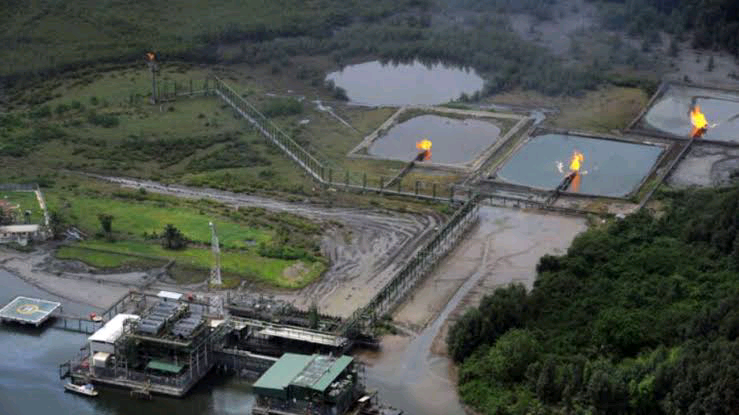By Umar Sani
Nigeria is once again on the brink of another tragic misadventure. The Federal Government, through the Ministry of Petroleum Incorporated (MOPI) and the Ministry of Finance Incorporated (MOFI), is plotting to sell off some of the nation’s crown jewels our equity in key upstream oil and gas joint ventures. At the same time, it is scheming to amend the Petroleum Industry Act (PIA), a law that is barely out of the cradle. Both actions, if not resisted, will inflict irreparable damage on Nigeria’s economy, sovereignty, and future.
The plan is as brazen as it is reckless. In the Renaissance Africa Energy Company Joint Venture (RAEC JV), the Federation’s equity is 55%. Of this, 25% is set to be sold to Sterling Global Oil Company, an Indian firm, leaving Nigeria with a paltry 30%. In the Oando JV, the government is proposing to dispose of 25% of its 60% stake, handing it conveniently to Oando itself, led by Wale Tinubu. In the Seplat Energy Producing Nigeria Unlimited JV, 35% out of the 60% held by Nigeria will be sold to a company linked to Gilbert Chagoury, leaving the Federation with just 25%.
What is at stake is not just percentages on paper. These joint ventures are the backbone of Nigeria’s oil and gas sector. They guarantee revenue, foreign exchange, jobs, skills, and national security. By ceding them to a few privileged individuals and their foreign partners, the government is effectively auctioning the nation’s economic soul. Once sold, these assets cannot be easily recovered. Worse, this sets a dangerous precedent for more disposals, robbing future generations of their rightful inheritance.
The consequences are glaring. Nigeria will lose control of its most strategic national assets. Energy security will be severely compromised. Revenue flows will shrink dramatically, exposing the country to further debt and economic shocks. Jobs and local content will take a back seat as private interests dominate decision-making. What little sovereignty remains in the management of our oil wealth will vanish.
Equally disturbing is the push to amend the Petroleum Industry Act. This law was designed as the guiding framework for stability, transparency, and investment in the sector. Barely two years after its passage, the government wants to tear it apart, specifically sections 8, 9, 53, 63, 64, and 85. The motivation is not national interest but the selfish desire to transfer deepwater resources into the hands of a select few insiders. Such reckless tampering will only discourage investment, erode trust, and project Nigeria as an unstable environment where laws mean nothing.
This raises unsettling questions. Is Nigeria so bankrupt that the only solution is to pawn off its assets? Why the rush to strip the nation bare at a time when the economy is gasping for air? How far will this administration go before Aso Rock itself is mortgaged for soft loans with watery moratoriums? Citizens are justifiably alarmed. What is unfolding looks less like governance and more like liquidation. President Bola Tinubu is appearing less as a national leader and more as Nigeria’s chief liquidator.
In the midst of this looming disaster, there is at least one glimmer of hope: the patriotic insiders within NNPCL who have sounded the alarm. These whistleblowers, at great personal risk, have pulled back the veil to reveal the shenanigans being dressed up as policy. Their courage deserves commendation. They remind us that not all hope is lost, that there are still Nigerians committed to defending the collective interest.
*_The time has come for all citizens to rise in defense of their future. These assets do not belong to a ruling clique; they belong to the people. To sell them off in secrecy is to betray the very foundation of our national existence. If this fire sale is not halted, Nigeria may as well admit to winding up as a state. And once that process begins, the road back will be long, costly, and perhaps impossible._*





